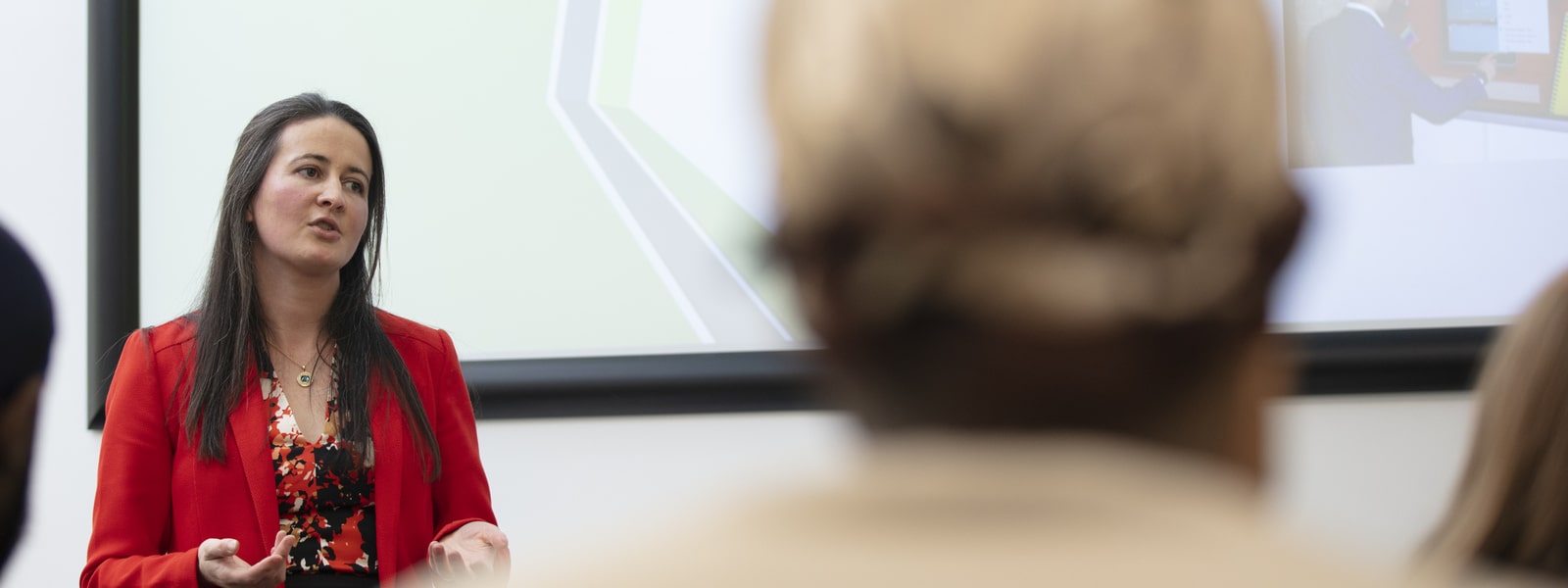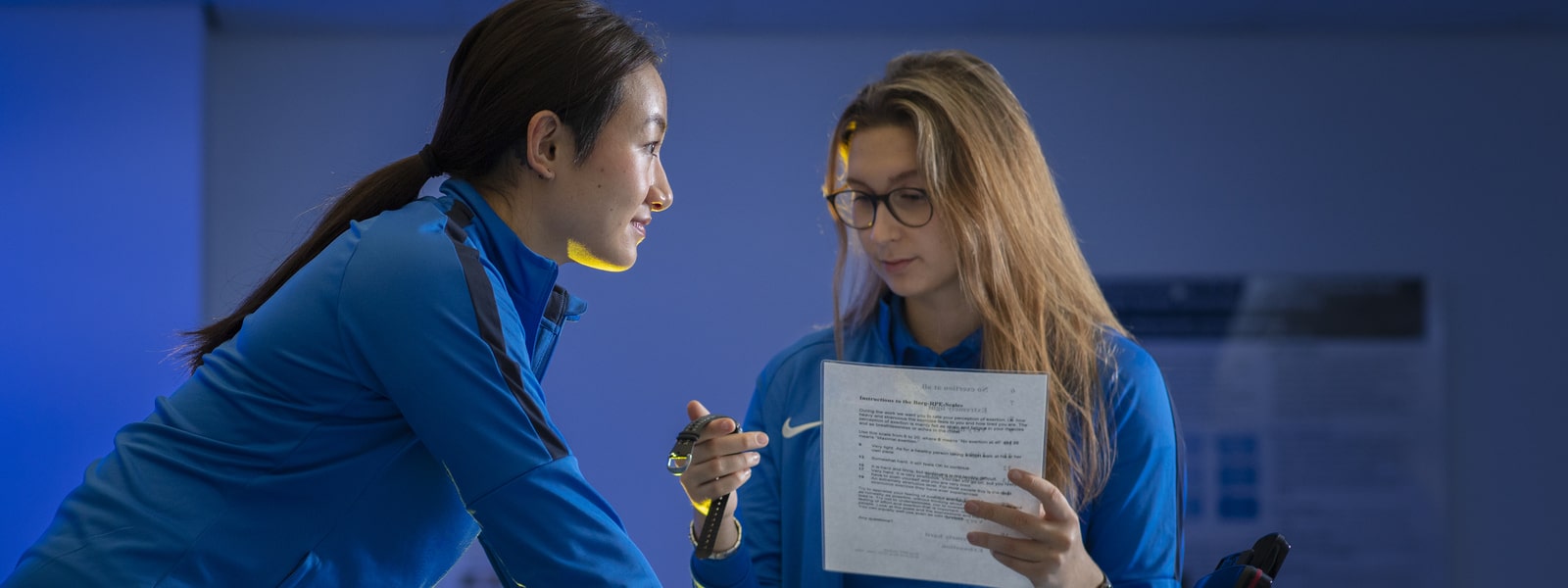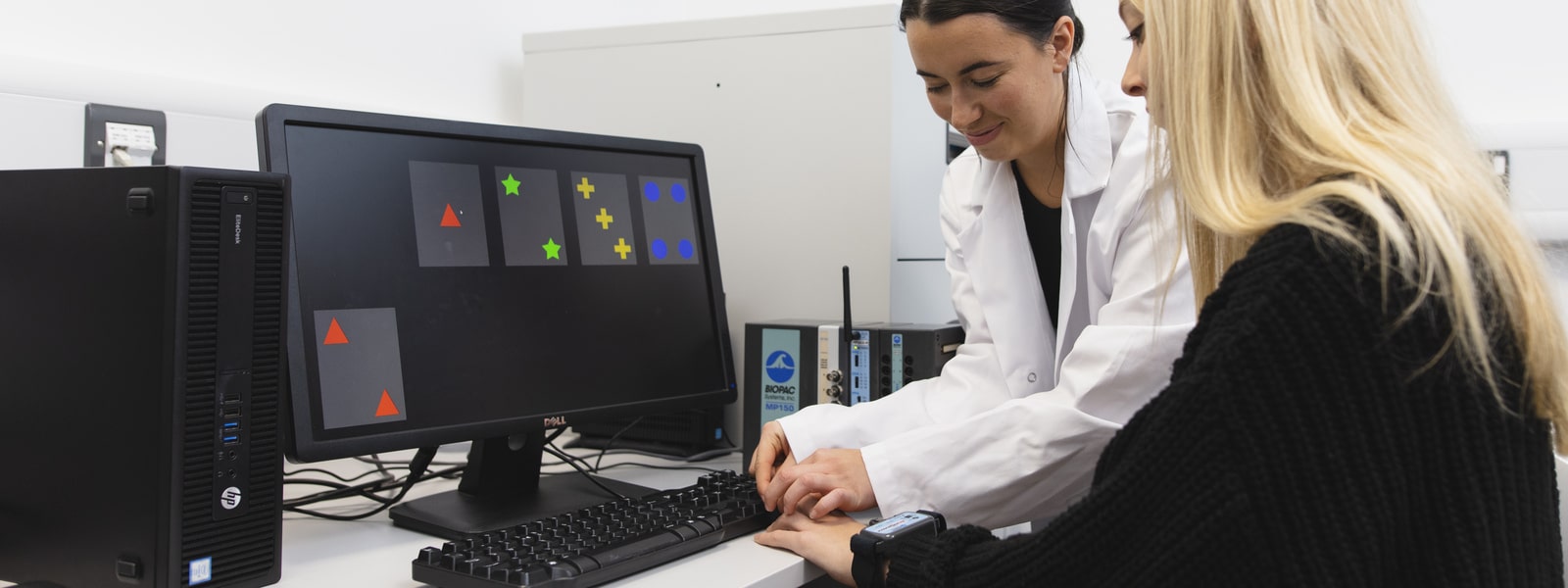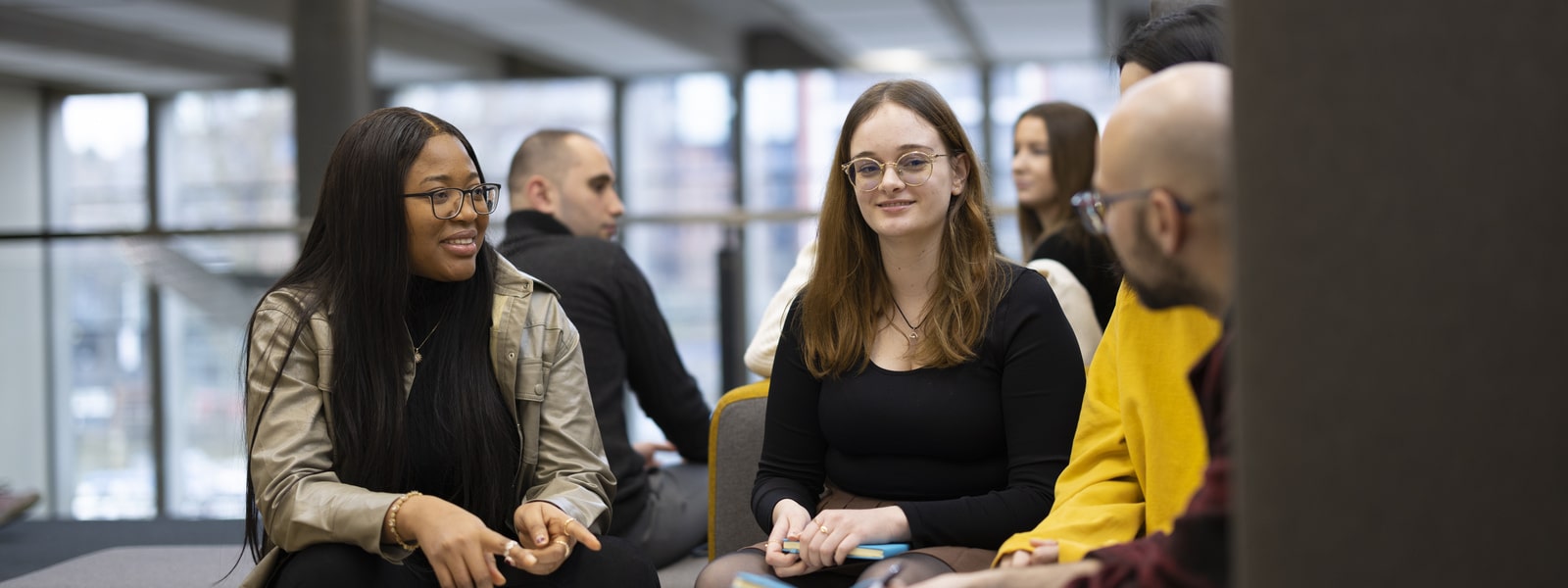Module Overview
Why have detective narratives proved so enduringly popular? This module will interrogate the iconic figure of the private eye in American popular culture, through the fiction and film of the twentieth and twenty-first century.
Module Overview
This module offers an opportunity to engage with American literature (in a variety of forms) and some of its socio-historical, political and ideological contexts from the late 1990s to the present day. We will explore aspects of canon-formation in American fiction, and study a selection of texts by both new and established writers, in some cases at the point where they are first published in paperback. We will take a thematic approach, locating American cultural production in regional, national and global contexts, with a particular emphasis on writing in the 21st century. There are no pre-requisites for this module.
Module Overview
Monsters and attics, desolate landscapes, imprisonment and pursuit: the gothic genre emerged in the late eighteenth century to depict our darkest fears and desires. Termed 'the literature of nightmare', gothic departs from a realistic mode of representation and employs a powerful means of symbolic expression. Students are given the opportunity to investigate ways in which the genre has explored psychological and political anxieties, and themes of sexual and social transgression. We consider literary texts from the eighteenth to the twenty-first centuries, including literature and film, and we give attention to sub-genres such as ‘female gothic’, ‘imperial gothic’ and ‘children’s gothic’.
Module Overview
This module explores what it meant to grow up and to grow old in the nineteenth century, through often contradictory accounts of experiencing age categories from childhood to old age.
Students will have the opportunity to examine various constructions of ageing, to reflect on age as a crucial facet of identity. This module considers age as a lens to explore the nineteenth century as a transitional period of growth and expansion as well as decay and decline, through a range of Romantic and Victorian texts.
Module Overview
In this module students have the opportunity to research in depth an author or topic of their choosing. Students are expected to commence research over the summer between Levels 2 and 3 and, on their return, have regular, one-to-one meetings with a tutor who is a research specialist in that field. The supervisor offers advice and direction, but primarily this module encourages independent research leading to the production of a 10,000 word dissertation.
Module Overview
This module is designed to examine how terms such as Ireland and Irishness have been constructed and questioned across the last century, a period of immense and often turbulent historical and social change. It aims to explore the representation of place, the nature of nationalism, the changing family unit, gender roles and Ireland's relationship to globalization in Irish poetry, drama and fiction.
Module Overview
This module responds to the recent interest in the representation of lives within literary studies. It discusses a range of life representations (including biography, autobiography, letters, confessions, memoirs, and poems) from the Romantic period to the contemporary moment. Students may consider the origins of autobiography, address Modernist experiments with life representations, and discuss twentieth-century and contemporary innovations, including disability narratives and cross-cultural autobiographies. Themes such as the construction of selfhood, conceptions of memory, the relational self, and the ethics of life writing are addressed.
Module Overview
The first principle of ecological thinking is that it is not only human beings that are meaningful, and that we are neither so separate from, nor so dominant over, the non-human as we tend to think. In this module students can explore what difference it makes to read literature from this perspective. We study literature as part of our complex interaction with our environment, and, perhaps sometimes, as a uniquely valuable one. Students can read texts from ancient Greek pastoral to contemporary dystopias, and from the poet John Clare to the woodland historian Oliver Rackham.
Module Overview
This module will analyse how the medicalised body has been represented, exploited, challenged and reclaimed in art and visual culture. The themes, ideas, priorities and objects of medicine – such as death, health, sexuality, taboo, trauma, bodily functions, and viscera – have taken centre stage in art and visual culture since the end of the nineteenth century. This module will explore the manifold ways in which artists have engaged with subjects including medical technologies, disease, disability, blood, and pain, and we will do so in relation to constructions of gender, sexuality, race, class and ability. What significance do pathology, disease, and patient experience take on in art and visual culture? To what effects have artists portrayed and perhaps questioned modern therapies and medical technologies, and their subjects, practices and theories? We will focus on a range of media including painting, sculpture, performance art, conceptual art, film, and photography.
Module Overview
This module explores the representation of East-West contact in Middle English romances, with a particular emphasis on the interlacement of racial and ethnic otherness and on different types of violence, from martial exploits and religious coercion to rape and cannibalism.
Students will have the chance to experience the breadth of the romance genre—its many thematic and topical branches, and its many sub-genres and their respective conventions—as well as insight to the actual act of crusading, and the cultural and social crises that arose from this act.
Module Overview
This module explores literature by nineteenth-century women writers through the Romantic and Victorian eras up to the suffrage campaigns. We explore how women negotiated cultural ideals of femininity and the challenges of authorship to produce writings across forms including novel, short story, poetry, play, and in a range of genres such as social realism, gothic, fairy tale and life writing. We consider how these works engage with contemporaneous social debates, especially about women’s social position. Authors addressed include Jane Austen, Anne Bronte, Dorothy Wordsworth, Christina Rossetti, Mary Molesworth, Amy Levy and Elizabeth Robins. These works are interpreted in relation to their cultural context and in light of recent critical debates.
Module Overview
This module considers the genre of modern science fiction and its evolution into one of today’s most popular narrative genres. Analysing a variety of forms – novel, short story, drama, graphic novel and film – students will have the opportunity to examine the socio-historical contexts of some of the most influential narratives of this period.
This ranges from the emergence of “scientific romance” in the late nineteenth century, to late twentieth-century forms like cyberpunk and radical fantasy; from the problems of defining “genre fictions” and privileging science fiction over fantasy, to our enduring fascination with alternate histories, non-human agents (robots, animals, genetic hybrids, the environment), ecocatastrophe and post-apocalypse.
Module Overview
This module concentrates on the works of Geoffrey Chaucer, with a particular emphasis on The Canterbury Tales, perhaps Chaucer’s most famous work. Students will have the opportunity to examine the General Prologue and a variety of tales in relation to their historical context and literary antecedents, and, throughout, specific attention will be given to questions of genre (ranging from fable and epic to satire and romance), literary authority, narrative construction, and medieval aesthetics.
Module Overview
This module provides an opportunity for students to study the works of Shakespeare in detail. The dissemination, influence, and adaptation of Shakespeare is unrivalled, and without an understanding of the conventions that the works dissolved and those that they initiated, a full appreciation of the canon of English literature is inevitably lessened.
This modules challenges Shakespeare’s status as an icon of tradition and elitism by reading the texts in the light of recent developments in critical theory, and by locating them in the culture of their age. Students will be invited to examine the ways in which different theoretical approaches might have a bearing upon the interpretation of Shakespeare, they will also be conversant with the religious climate of the late sixteenth and early seventeenth centuries, the conditions of performance and play-going in Shakespeare’s theatre, and the significant cultural and historical events of the period.
Module Overview
This module allows students to study the works of the Bard in detail, and to read them in the light of critical theory and literary history. Shakespeare’s plays are a cornerstone of the canon of English literature, but in wider culture they are often treated as inflexible repositories of ‘truth’ and ‘human nature’.
This module will resist such approaches, and concentrate instead upon the ways in which the plays address the concerns of their day, as well as how they have been made to signify in other eras. Students can develop an understanding of how Shakespeare’s work dealt with early modern dramatic conventions, politics, and thought; how it addressed questions of history, religion, and race; and how it shaped the culture within which it was written. This module considers Shakespeare’s mature comedies, histories, and tragedies.
Module Overview
This module allows students to pursue an in-depth study of one author’s literary or dramatic works. The author of choice varies from year to year according to academics’ current research interests, but potential authors may include writers of fiction and/or poetry such as Angela Carter, Charlotte Bronte, Iain Banks, Thomas Pynchon, M.R.James, Jane Austen and Sylvia Plath; and dramatists such as Caryl Churchill, Thomas Middleton, Aphra Behn, Ben Johnson and debbie tucker green. Students will explore the writer’s oeuvre in terms of themes, style, and engagement with form and genre traditions, and with contemporary cultural debates. We also address practicalities of authorship such as the role of editors, publishing/performance formats, and different readerships/audiences. Students will also consider the writer’s legacies including the ‘afterlife’ of their works in adaptation. As well as studying texts, students will engage with conceptual debates about the role of the author : is attention to the author’s life an outmoded and over-deterministic approach to the study of a text? or a necessary part of contextualisation? As we scrutinise the figure of the author in biography, literary societies, literary tourism and popular culture, we ask : what purposes does the ‘author’ as a cultural construction serve ? and does this have anything to do with reading?
Module Overview
This module allows students to pursue an in-depth study of one author’s literary or dramatic works. The author of choice varies from year to year according to academics’ current research interests, but potential authors may include writers of fiction and/or poetry such as Angela Carter, Charlotte Bronte, Iain Banks, Thomas Pynchon, M.R.James, Jane Austen and Sylvia Plath; and dramatists such as Caryl Churchill, Thomas Middleton, Aphra Behn, Ben Johnson and debbie tucker green. Students will explore the writer’s oeuvre in terms of themes, style, and engagement with form and genre traditions, and with contemporary cultural debates. We also address practicalities of authorship such as the role of editors, publishing/performance formats, and different readerships/audiences. Students will also consider the writer’s legacies including the ‘afterlife’ of their works in adaptation. As well as studying texts, students will engage with conceptual debates about the role of the author : is attention to the author’s life an outmoded and over-deterministic approach to the study of a text? or a necessary part of contextualisation? As we scrutinise the figure of the author in biography, literary societies, literary tourism and popular culture, we ask : what purposes does the ‘author’ as a cultural construction serve ? and does this have anything to do with reading?
Module Overview
The short story is a peculiar and idiosyncratic form, but one that coalesces from a long tradition of fables, folktales, fairy tales, parables, and even sermons. Despite this lengthy heritage, it was not until the early 19th century, with writers such as Washington Irving, Nathanial Hawthorne, and Edgar Allen Poe, that the short story became a recognised literary form. Since then, through writers such as Raymond Carver, Earnest Hemmingway, John Cheever, Donald Barthelme, William Gass and others, the short story has evolved into a complex, myriad, ambiguous literary art. In this module we will be reading 21st century US short fiction, in order to gain an understanding of the mechanics of the form in its contemporary incarnation, as well as its themes and structures. While working explicitly in the contemporary, we will also be thinking about the history of the short story as it has developed in the US. The primary texts move from standard realism, through speculative fiction, the gothic, and into science fiction.
Module Overview
This module explores how childhood is constructed in a wide range of literary texts – texts by adults for adults, by adults for children, and by children themselves. Underpinning the module is the notion of ‘childhood’ as a cultural construct into which writers invest various, even contradictory, meanings. Students have the opportunity to explore texts by adults who idealise or demonise the child to suit their personal and philosophical agendas. Students may then analyse the mixture of didactic and therapeutic agendas in enduring genres of children’s literature such as the fairytale, adventure story and cautionary tale. Finally, we turn to children as authors in a study of juvenilia.
Module Overview
Students reading Georgian Literature have the opportunity to study a selection of canonical and less well-known texts from the period and explore the historical and cultural context of their production. The module discusses developments in the novel from Daniel Defoe to Jane Austen and innovations in poetry from Alexander Pope to Romantic writers such as William Wordsworth. Important themes include satire, sensibility, the Gothic, popular and polite culture, authorship, and Georgian theatre. Contextual discussion focuses on the ‘construction’ of nation, gender, class and empire, and the relationship of British literature to the Enlightenment and to Revolution.
Module Overview
This module aims to explore new thematic trends, stylistic innovations and cultural developments in post-millennial British fiction, including a focus on globalising processes, transnational migration and digital technology.
The module also addresses the development (and rethinking of the concepts) of gender and class in literature of the period and account for the continuing importance of the literary form in an age of digital publishing.
Module Overview
Students can study a diverse range of prose, poetry, and drama written by women from the eighteenth century to the present is considered alongside key concepts in feminist theory and the history of the women’s movement. Writers range from Mary Wollstonecraft to Zora Neale Hurston to Jeanette Winterson. Topics range from the feminine aesthetic and French feminism to feminist utopianism and cyberfeminism.

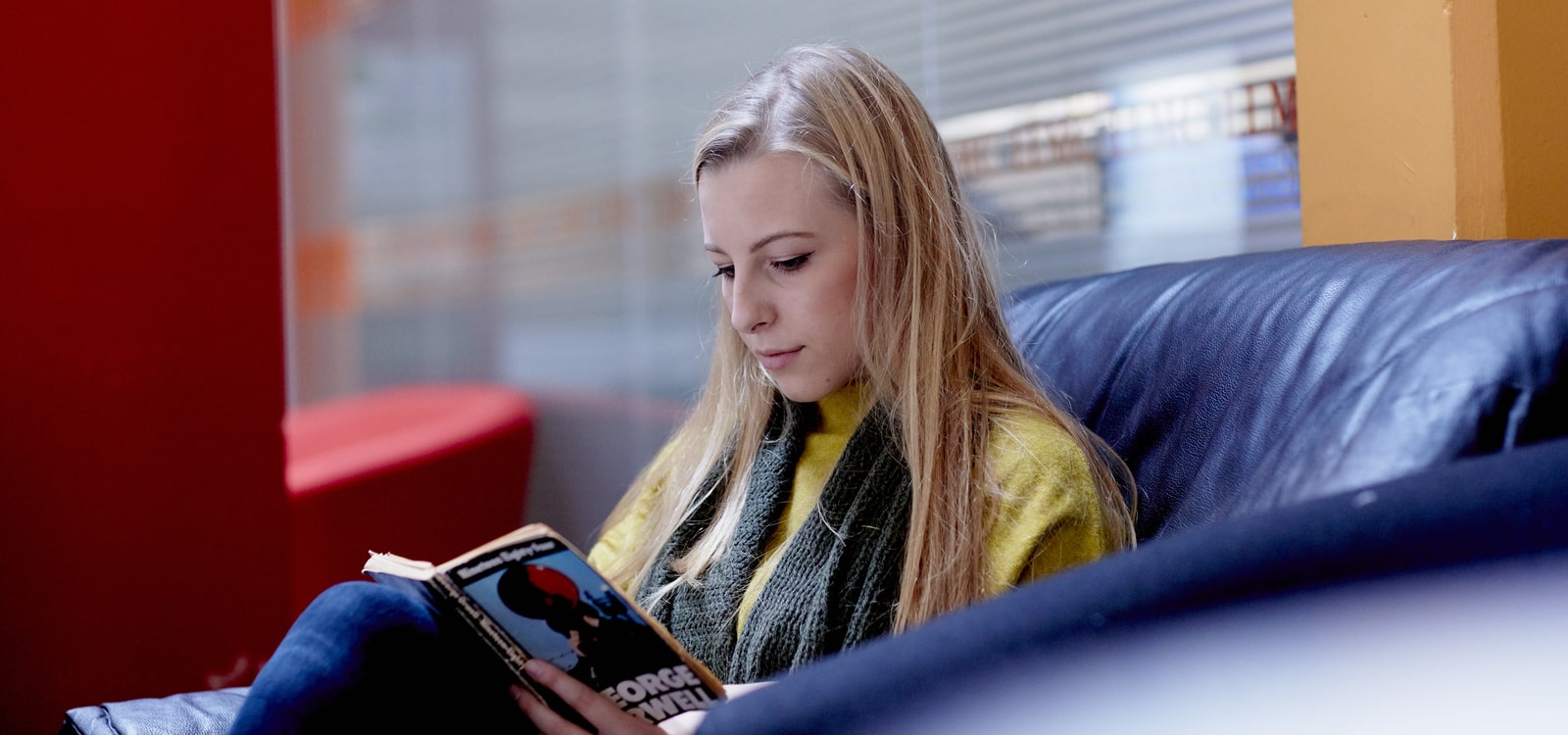

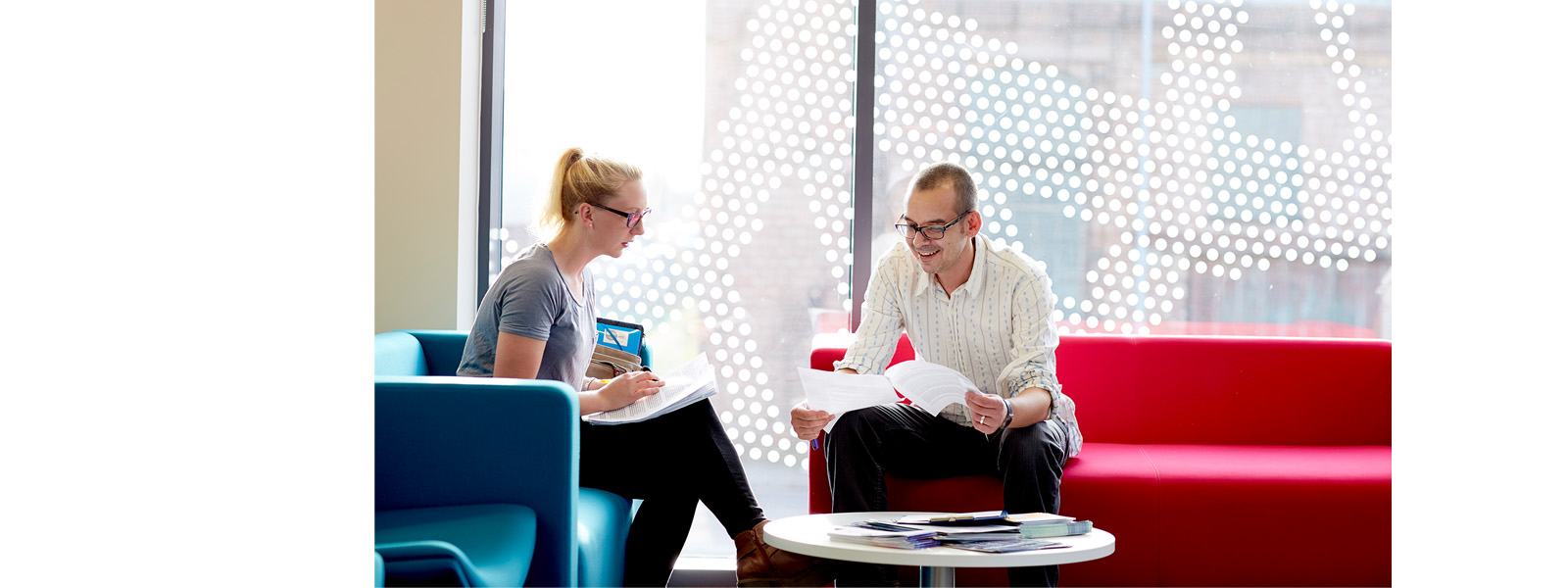
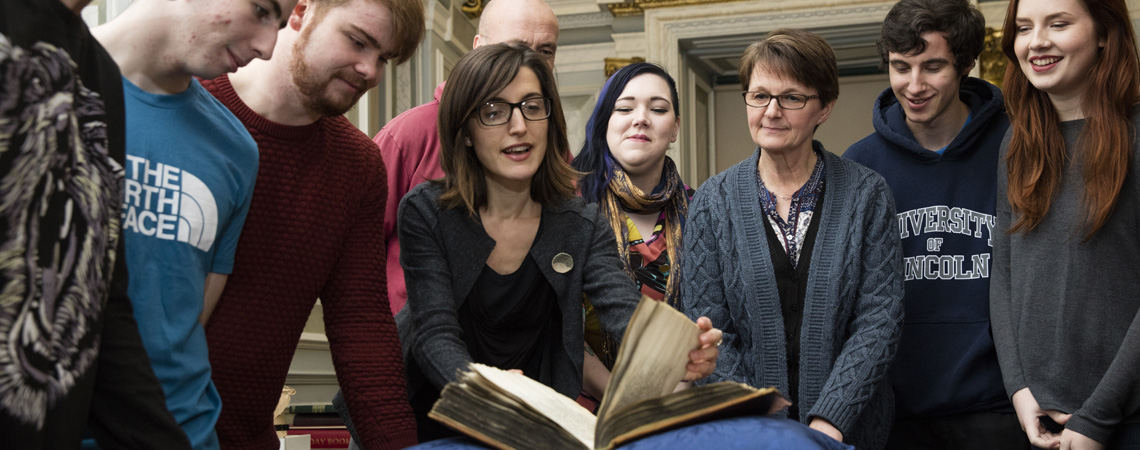


.jpg)


